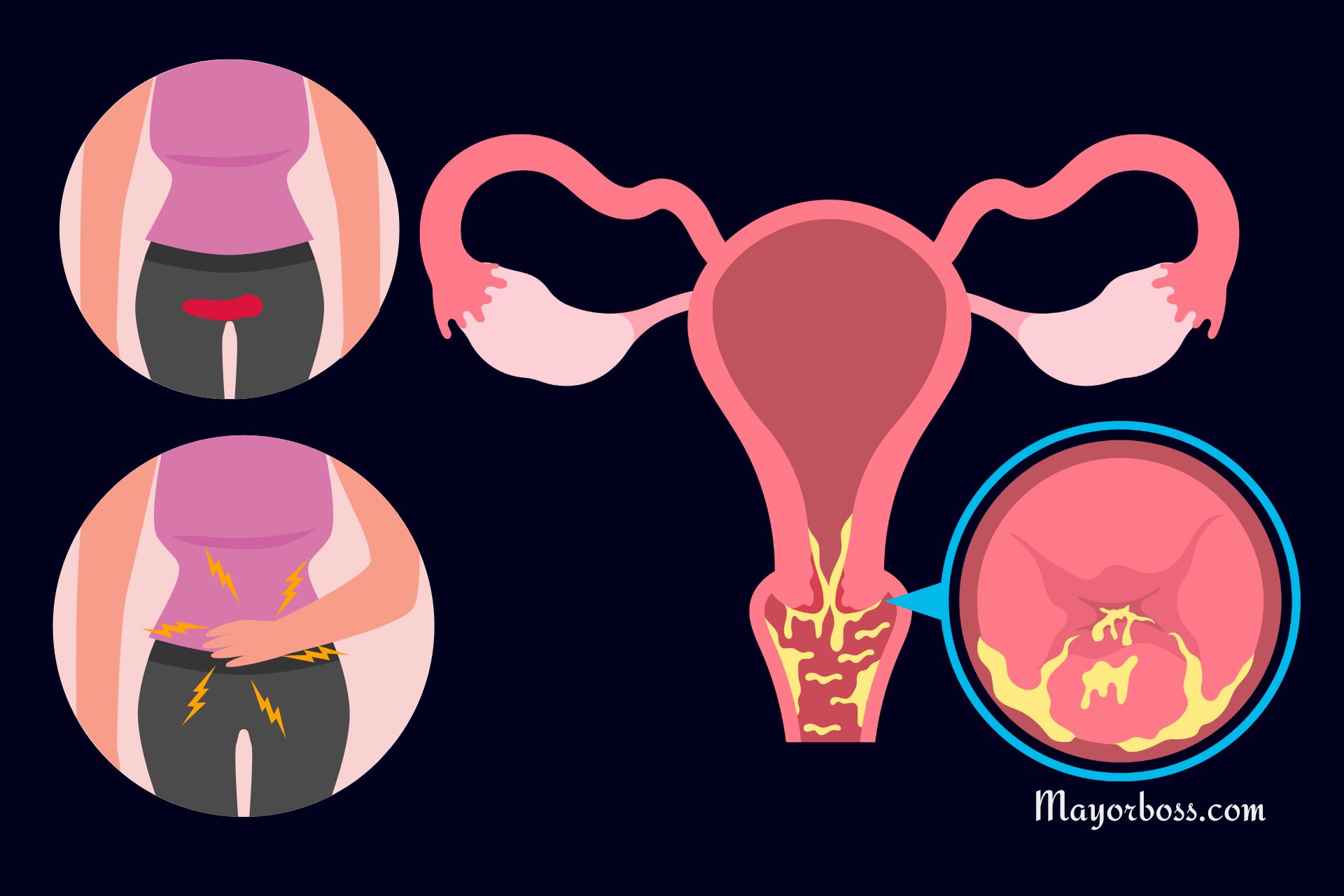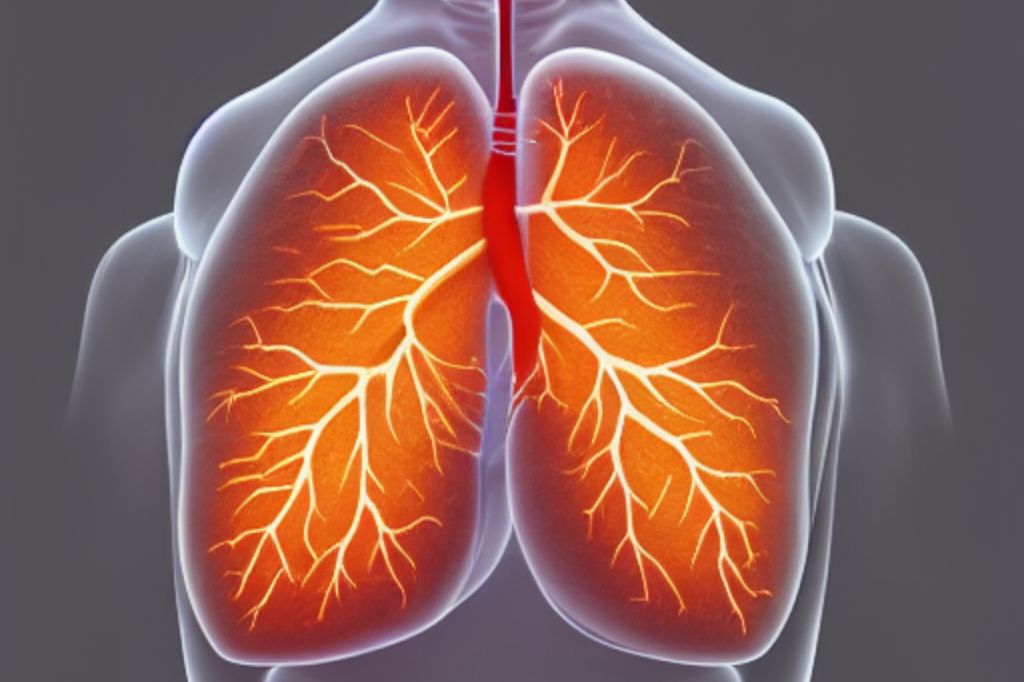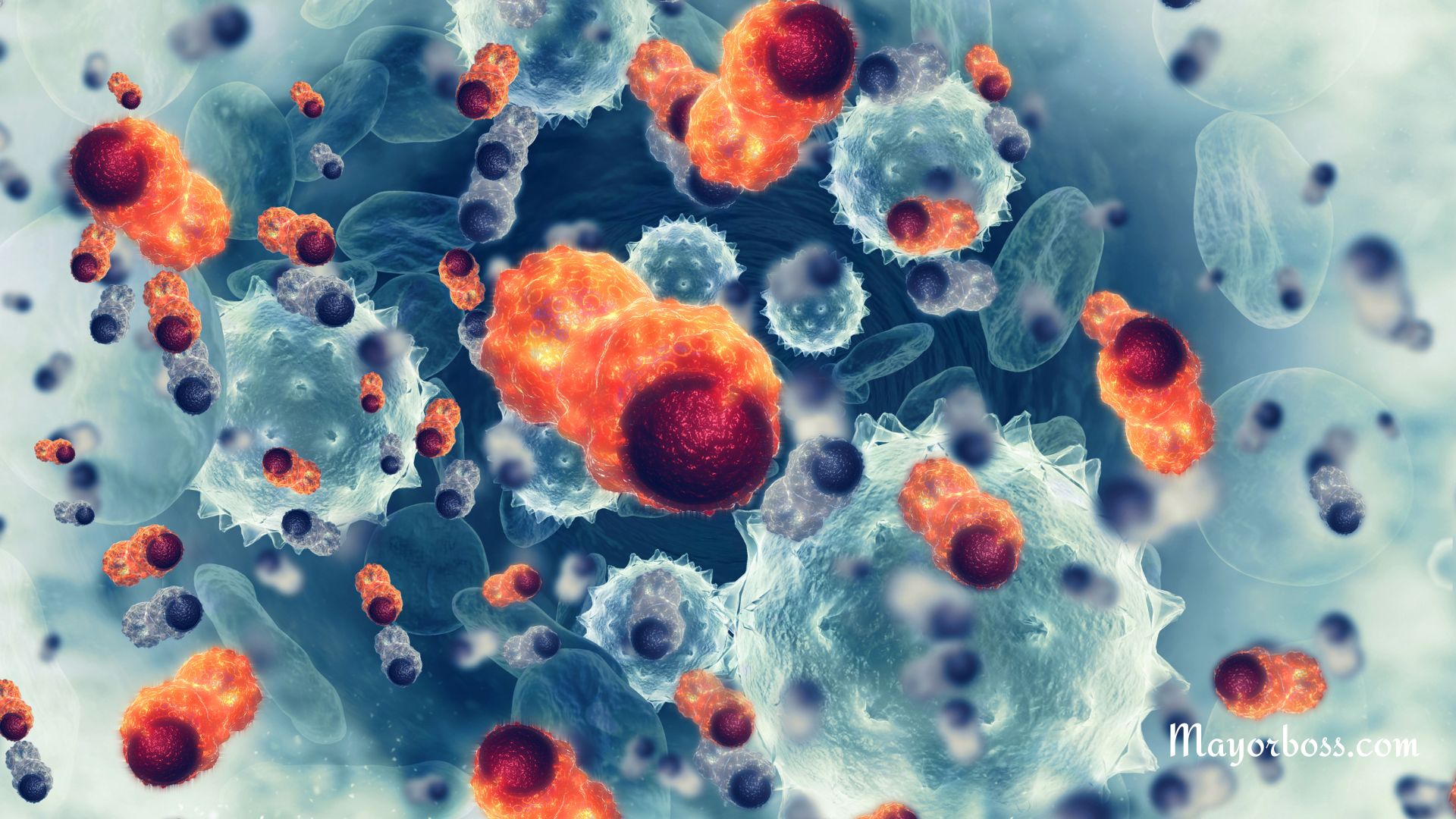6 Early Warning Signs of Prostate Cancer
What is Prostate Cancer?
Prostate cancer is a disease that starts in the prostate, which is a small organ in men that creates the fluid that helps sperm move. This tiny organ, about the size of a walnut, is crucial for male reproduction.
The disease happens when cells in the prostate start multiplying out of control. Most of the time, prostate cancer is slow-growing and remains inside the prostate, posing less threat.
However, some forms are aggressive and can rapidly spread to other parts of the body.
Early detection, while the cancer is still within the prostate, significantly improves the chances of effective treatment.
The precise reasons why prostate cancer develops aren’t fully understood. Still, we do know that factors like getting older (especially after age 50), having a family history of the disease, and belonging to certain racial groups can increase the chances of getting it.
Keep in mind that having risk factors doesn’t mean you’ll definitely get prostate cancer, but it does make it more likely.
Despite the serious nature of prostate cancer, it can often be treated successfully, especially if found early.
Being aware of the signs and symptoms is a key step in taking care of your health.
Early Warning Signs of Prostate Cancer
Prostate cancer is often silent in its early stages, which makes it particularly insidious. It may not cause any symptoms until it has progressed.
However, certain signs can hint at the early presence of this disease. Here are six early warning signs that you should not ignore:
1. Changes in Urination
Prostate cancer can cause changes in urination. You might find yourself needing to urinate more frequently, especially at night.
You might notice a weak or interrupted flow of urine, or you might have difficulty starting or stopping urination.
2. Blood in Urine or Semen
Blood in the urine or semen is another sign. While it can be alarming, remember that it’s not necessarily indicative of cancer.
It could be due to other reasons, such as urinary tract infections or benign prostatic hyperplasia. But it’s always best to get checked out.
3. Pain or Discomfort
Prostate cancer can cause discomfort or pain in the pelvic area. You might also experience pain during urination or ejaculation.
Also, persistent hip, back, or chest pain can signal advanced or metastatic prostate cancer. This is not something you should dismiss. If you experience persistent pain, it’s time to see a doctor.
4. Erectile Dysfunction
Prostate cancer may cause difficulty in getting or maintaining an erection.
While erectile dysfunction is also common with age and other health conditions, a sudden or unexplained change should be a reason to see your doctor.
5. Loss of Bladder Control
If you’re finding it hard to control your bladder, it could be a sign. This symptom is more likely with advanced stages of prostate cancer.
However, it can sometimes show up earlier, especially if the cancer is growing near the urethra and pressing against it.
6. Unexplained Weight Loss
Unexplained weight loss can be a symptom of many different kinds of cancer, including prostate cancer.
If you notice that you’re losing weight without trying, it’s important to bring this to the attention of your healthcare provider.
Why Early Detection Matters
Early detection of prostate cancer significantly improves the chances of successful treatment. If caught early, when the cancer is confined to the prostate, the 5-year relative survival rate is almost 100%.
This means that men diagnosed with localized prostate cancer are nearly as likely to live for at least five years as men without the disease.
How to Monitor Your Own Health
I always recommend that men stay vigilant about their health. Regularly monitor for any changes in your body.
If you notice any of the symptoms mentioned above, don’t hesitate to see your doctor. It may not necessarily mean you have cancer, but it’s better to err on the side of caution.
When to Seek Medical Attention
If you experience any of these warning signs, you should seek medical attention immediately.
Even if it’s not prostate cancer, these symptoms could indicate other health issues that need to be addressed.
If you’re over 50 or if you have a family history of prostate cancer, regular screening tests such as a prostate-specific antigen (PSA) test may be recommended.






